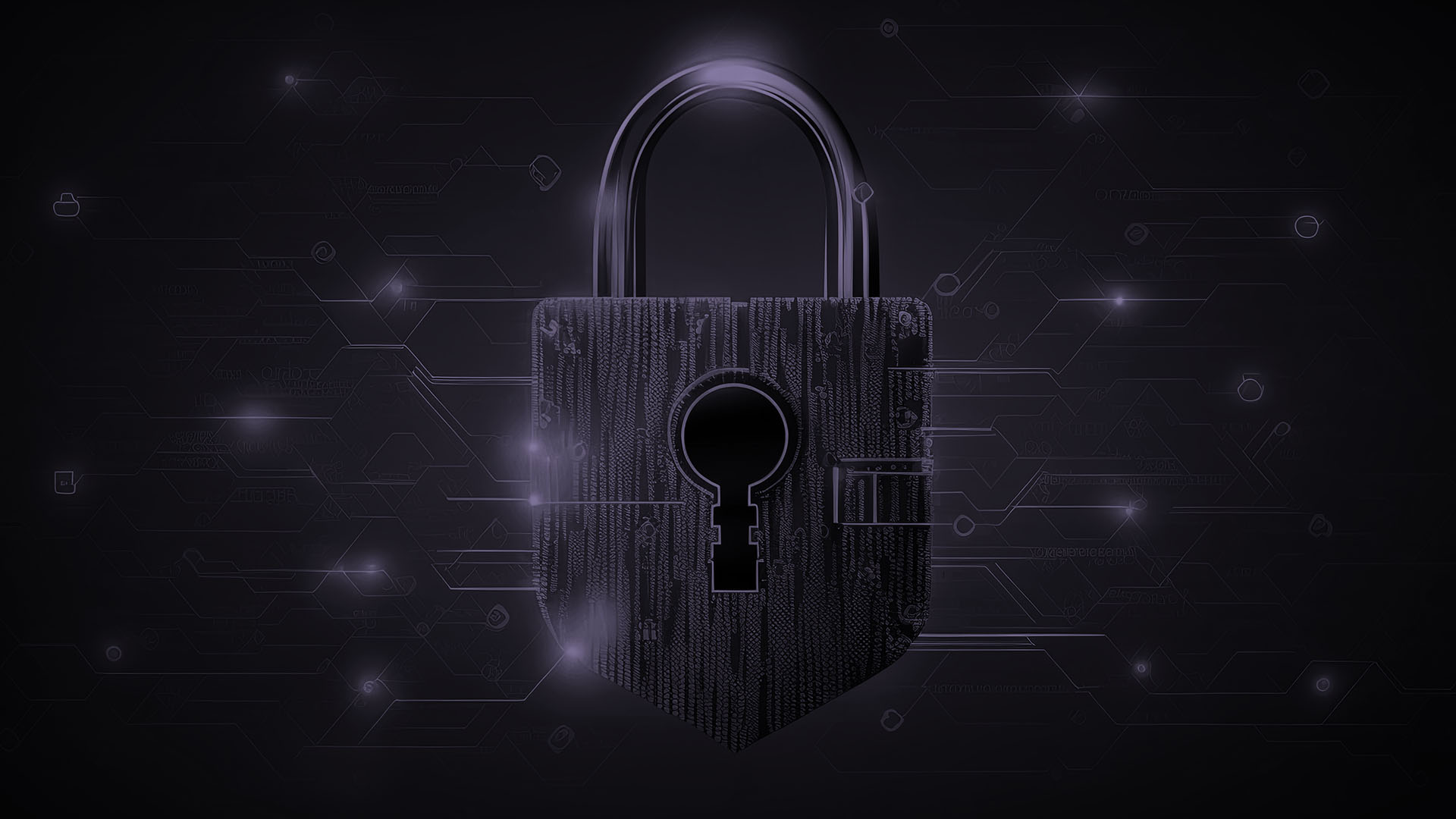An SSL Certificate are is a digital certificate that authenticate websites and allow them to switch from HTTP to HTTPS encryption. This protects protecting the exchange of valuable information visitors send to or receive from a website.
SSL Stands for Secure Socket Layer!
When you’ve got an SSL certificate protecting your site, your customers can rest assured that the information they enter on any secured page is encrypted.
An SSL certificate protects the sensitive information visitors send to or receive from your website during online transactions. For example, credit card details, contact information, and private messages. An SSL certificate can also verify site ownership.
What is an SSL Certificate?
SSL Certificates are certificates that authenticate websites and allow them to switch from HTTP to HTTPS encryption. This protects protecting the exchange of valuable information visitors send to or receive from a website.
How Do SSL certificates work?
SSL certificates are used to create a secure connection between two systems or users and websites. This ensures that any data transferred remains impossible to read by interception. It makes use of encryption algorithms such as AES (Advanced Encryption Standard) or TLS (Transport Layer Security) to encrypt the data in transit, preventing hackers from understanding any of its content.
The process begins when a browser or server tries to connect with an SSL-secured website (a web server). After the connection is made, the browser asks the web server to identify itself.
The web server then responds by sending an SSL certificate to confirm its identity. The certificate is usually issued by a trusted, Certificate Authority (CA) and contains basic information about the web server and its owner, plus a public key used for encryption purposes.
The browser then verifies whether it fully trusts this certificate as well as other related aspects before allowing access to the requested page. If everything checks out correctly, it establishes a secure tunnel through which encrypted information gets transmitted back and forth: ensuring that all sensitive data remains safely locked away from prying eyes during transmission.
What Information Does an SSL Certificate Contain?
SSL certificates include:
- The domain name that the certificate was issued for
- The person, organization, or device it was issued to
- Certificate authority that issued it
- The certificate authority’s digital signature
- Associated subdomains
- Issue date of the certificate
- The expiration date of the certificate
- The public key
Consumers recognize the lock icon on their browser address bars as a symbol that their information is safe. When entering personal information to make purchases they feel more secure.
If you have a website with an eCommerce store, the chances are that you accept payments through a secure platform such as PayPal.
Why Do You Need a Secure Website?
Websites are secure for two reasons: confidentiality and integrity. Securing a website means making sure information sent to or from it is both confidential and safe from tampering.
Customers don’t want their credit card numbers sent over a network in an unencrypted state. Neither do they want someone to be able to log into their account without their knowledge.
If a site isn’t under SSL, the data could be intercepted by anyone between the client and the webserver. This results in opening up your customers to phishing attacks and credit card theft.
SSL certificates protect users’ data in transit and are necessary for the HTTPS protocol.
Encryption
All SSL certificates use encryption to scramble data as it moves between your site’s server and a user’s browser. Encryption is what makes it possible for your browser and website to send sensitive information back and forth without anyone else being able to read it.
For instance, when you visit a website’s login page, enter your username and password into two text boxes. If those boxes were not encrypted, anyone on the same network as you would be able to see your username and password in plain text as they were being sent back to the webserver.
Authentication
The SSL certificate confirms that a website is legitimate by verifying that it controls the domain name listed in the address bar.
The second major feature of SSL/TLS is authentication, which means making sure that users only connect with the servers they intend to connect to.
Confirming a server’s identity prevents people from being directed to fake websites that could steal information or infect them with malware. A site’s certificate provides the identity of its owner and proves that it is registered with a certificate authority (CA). It also verifies that no one has modified any of the site’s files along the way.
HTTPS
An SSL certificate is required for an HTTPS web address, which is important for businesses. The Internet is a network of computers around the world. Every time you visit a website, your computer communicates with that site’s server in order to load the necessary content. This communication occurs over a protocol called HTTP (hypertext transfer protocol).
When you’re sending important information over HTTP to another computer, such as your credit card number when making an online purchase, that data can be easily stolen by hackers.
That’s because HTTP doesn’t encrypt your data — it simply sends it from one computer to another without adding any protection to it.
When you add an SSL Certificate onto your website, all communication between your user’s web browser and your website is encrypted using secure sockets layer technology (SSL). This means that anyone trying to steal sensitive information from your users will not be able to read it.
Types Of SSL Certificates
An SSL certificate ensures that the data flowing between two systems is encrypted and remains secure. When a visitor to your website enters information into a form, for example, an SSL certificate encrypts that data before it’s sent from the user’s device to your server.
There are several types of SSL certificates, but only two you’re likely to need:
- Domain-validated (DV) certificates. The most common type, DV certificates confirm that you own the domain where the certificate will be installed.
- Organization-validated (OV) or extended-validation (EV) certificates. These are more thorough and verify not only that you own the domain name but also that your business is legitimate.
- OV and EV certificates need more extensive vetting by the issuing provider, which can take longer but can also add credibility with users.
How to Get an SSL Certificate
To ensure trustworthiness of your site online, it is important to obtain an SSL certificate. An SSL certificate is issued by a Certificate Authority that encrypts the data exchanged between two devices or individuals. This encryption level provides protection for vulnerable information like passwords and credit card details, making sure that only the intended parties can access it.
The cost of obtaining an SSL certificate is dependent on the level of security required. There are some free options available, although these provide basic protection for smaller websites or those whose main purpose does not involve sharing sensitive data such as financial details.
For those requiring a more robust system, paid plans usually offer additional layers of security that can be extremely useful to protect more important transactions such as eCommerce purchases.
Once you have decided on the type of certificate you need, you can then search for an issuer who offers certificates at the required level. After purchase and installation of your certificate, your website will be protected allowing people to trust interactions with your website or online service without worry.
What is a Self-Signed SSL Certificate?
A self-signed SSL certificate is one that is generated manually by the website itself. It includes a unique public and private key pairing, which enables the server to create a digital signature that validates the authenticity of the website. However, since there is no outside authority to verify this digital signature, such certificates are not seen as trustworthy by most web browsers.
As a result, websites which use a self-signed certificate may still be identified as “not secure”, despite having an https:// URL address. In some cases, browsers will even terminate the connection entirely and block the website from loading at all.
Ultimately, while it can be significantly cheaper - and easier - for website owners to generate their own self-signed certificates rather than purchasing them from a Certificate Authority (CA), doing so carries greater risks as it can cause users to be mistrustful of your site or never even visit at all if they feel you do not take security seriously enough.
Consequently, it is usually best practice for online venues to opt for properly signed SSL certificates in order to ensure they get the trust seal of approval from visitors during every browsing session.
Is it Possible to Get a free SSL Sertificate?
There is indeed a way for domain owners to get an SSL certificate for free. Cloudflare offers a Universal SSL certification program that enables users to obtain an SSL/TLS certificate at no cost.
The free version of the certificate is shared among multiple customers’ domains, meaning one domain can share an SSL certificate with other sites, making it more secure than ever before. Of course, if you need a customized certificate tailored specifically to your site to ensure maximum security, Cloudflare also offers this through their enterprise-level plans.
Getting a free SSL certificate from Cloudflare is surprisingly easy and doesn’t require any additional setup steps besides signing up for the provider and selecting the proper option in their settings.
Those who are looking for further details on setting up an SSL Certificate with Cloudflare can look no further this article which includes step-by-step instructions on how to get started. With over eight million active users already utilizing CloudFlare's services, it's clear that getting a free SSL certification with the provider is possible, and even manageable for beginners.
In Summary: What is an SSL Certificate?
There is a perceived sense of security with the lock icon. Web users are trained to look for it and recognize it as a symbol that their information is secure. Not only will you build confidence in your customers, but you will help them feel more confident in submitting their personal information when they see that lock icon on your website.
SSL certificates offer a number of benefits to website owners and Internet users, but they can be rather costly. Fortunately, there are many cost-effective options available on the market today. Take a look at the different SSL certificate options before you decide which is best for you.

